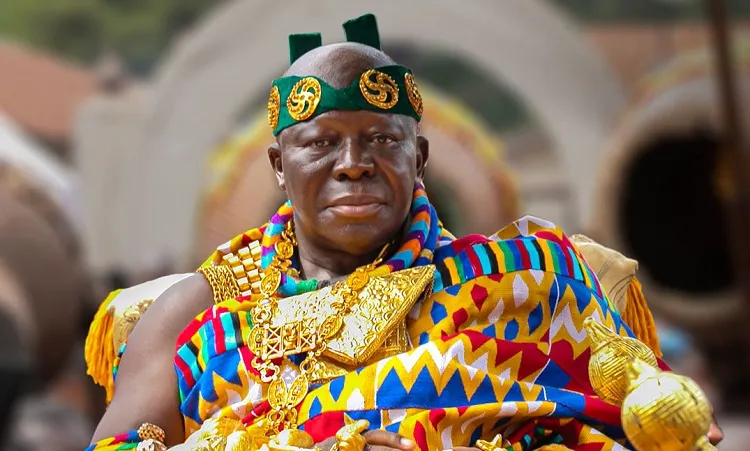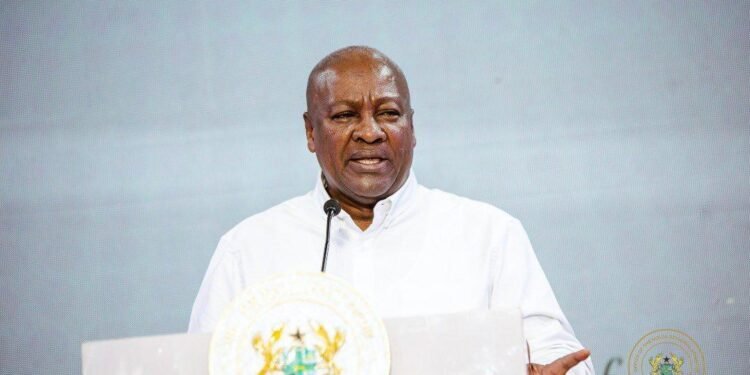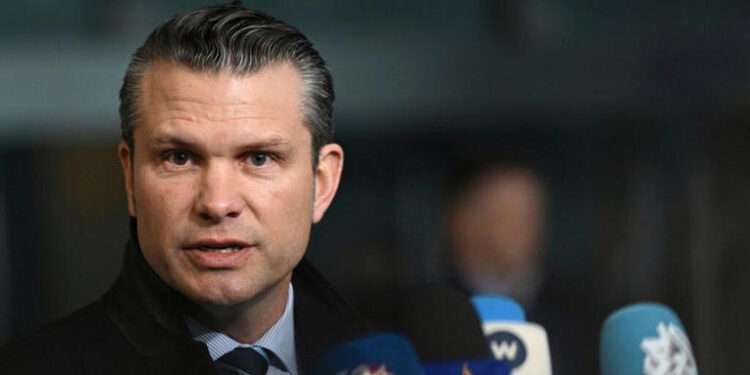In the ongoing discourse surrounding the efficiency and effectiveness of state-owned enterprises, a prevalent argument emerges: privatization or public-private partnerships seem like the panacea for the inherent inefficiencies of government-run companies.
In recent developments, Asantehene, Otumfuo Osei Tutu II urged the government to diversify companies it cannot maintain and run efficiently.
According to him, there are several government companies and entities that are struggling that can do well with private partnerships.
He made these remarks during the commissioning of a 430-kilometre natural gas pipeline by Genser Energy from Nyinahin to Anwomase in the Ashanti Region.
“It’s about time that the government realizes that it’s not going to work for the government to be involved in setting up companies without involving the private sector, it doesn’t work. The government should confront policies and involve the private sector and you can attract more investors into the country which will create more employment.
“VRA and others are all government establishments, let’s give it out and diversify them into the private sector and get more money there and get the right people to do it. GRIDCo and others let’s give them the money and get the qualified people … and let them work. Electricity Company is in a situation where we don’t know, but that also must be diversified and given to the private sector.”
Asantehene, Otumfuo Osei Tutu II
He quizzed why the country is “still holding on when we don’t have the money?”
“We’re not able to collect all the taxes we want, we’re going to IMF and all those for money. We’re hanging on to industries we cannot maintain and run.”
Asantehene, Otumfuo Osei Tutu II
He said that it is about time “we face reality and decide on what government should be doing and what the private sector should be doing.”

Concept of State-owned Enterprises Inherently Good
However, while acknowledging the challenges faced by these entities, it’s essential to recognize the critical role they play in Ghana’s socio-economic landscape.
The notion of complete privatization or government-private partnerships often stems from the observation that state-owned enterprises frequently struggle to operate efficiently.
Indeed, instances of bureaucratic red tape, political interference, and lackluster performance have been all too common. It is this reality that prompts many to advocate for the dissolution of government ownership in favor of private management.
Yet, before hastily embracing privatization as the solution, it is crucial to underscore the necessity of government-owned companies.
These entities serve as pillars of public service, providing essential goods and services to citizens across various sectors, from utilities to transportation to healthcare.
They represent a commitment to the collective welfare, ensuring that vital services are accessible to all, regardless of profitability.
However, the challenges plaguing government-owned companies are not inherent flaws in the concept itself. Instead, they are symptomatic of underlying issues such as bureaucratic inefficiencies, political interference, and a lack of accountability.
The Power Distribution Services (PDS) scandal that unfolded in late July 2019 serves as a stark reminder of the perils of privatization. It was a tale of corruption.
It involved a complex web of financial relationships, greed, and family ties, reaching all the way to the presidency. Key members of President Nana Akufo-Addo’s extended family were allegedly involved in capturing the retail business of ECG for themselves.
When key institutions fall into private hands, it is often the rich and powerful who wield control, perpetuating a cycle of corruption and inequality.
Rather than discarding the idea of state-owned companies altogether, Ghanaians must address these challenges head-on.
This involves implementing reforms to streamline bureaucratic processes, enhance accountability mechanisms, and foster a culture of transparency within government entities.
Moreover, there is a pressing need to cultivate a sense of patriotism and accountability among citizens. All too often, government employees are perceived as apathetic or corrupt, leading to further erosion of trust in public institutions. By instilling a sense of ownership and pride in government services, Ghana can foster a culture of responsibility and integrity.
Ultimately, the solution lies not in wholesale privatization, but in collaborative efforts to address the root causes of inefficiency and corruption within government-owned companies.
READ ALSO: Politicization Threatens Ghana’s Governance and Energy Sector Stability






















